
Know how minimal thoughts can lead to a better life!
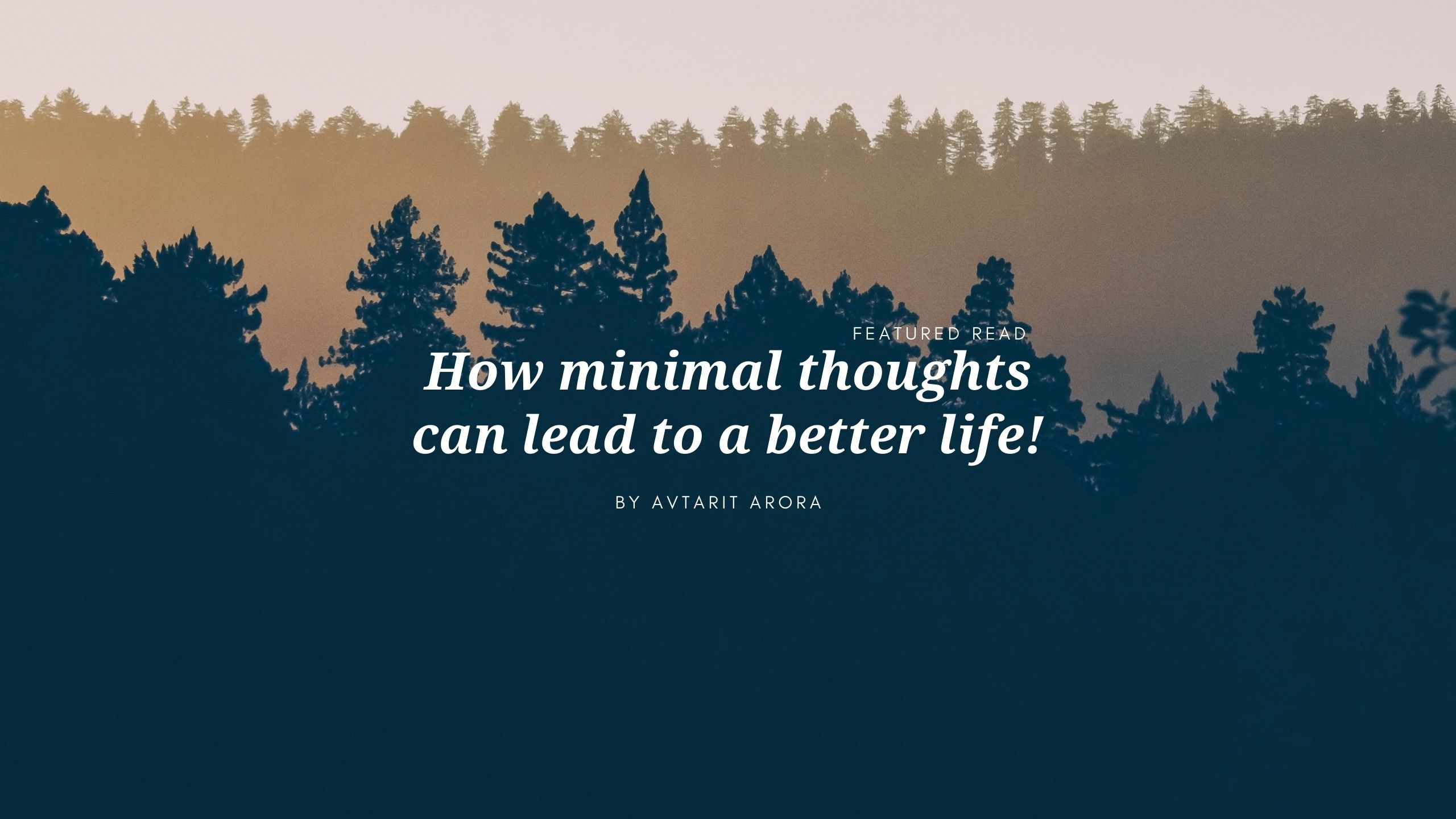
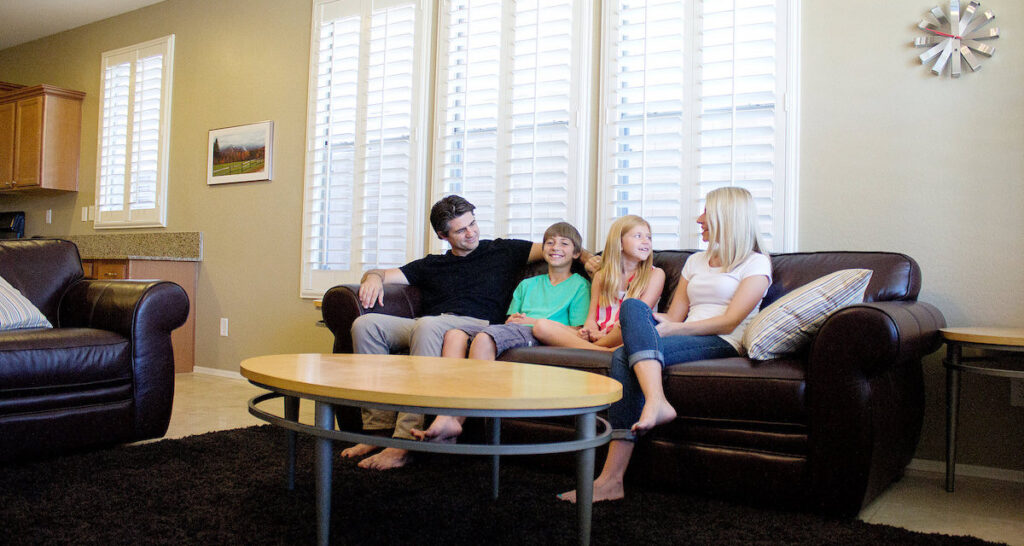
The ability to distinguish wants from needs is imperative to living a meaningful life in our materialistic age. Promoting values and rejecting things that cause distractions is critical. Essentially, a minimalist lifestyle consists of doing so.
Minimalism does not mean living with fewer items; rather, it implies understanding a person’s need for items the individual cannot live without and removing unnecessary items cluttering their lives.
The simplicity of minimalism allows us to focus on what really matters in life. In today’s world of consumerism, it might seem impossible to live a minimalist lifestyle, but I will attempt to explain how minimalism can make you live better and how to get started.
Minimalist lifestyle – what is it?
Living minimalistically means living in an all-inclusive lifestyle that is free of clutter and has a minimal environment that gives you space to achieve your goals. In today’s society, there are numerous material goods that promise satisfaction and offer worldly pleasures. But a minimalist lifestyle eliminates the cacophony of materialistic things in the world around us. An individual can live a minimalist life by focusing on what they need and avoiding unnecessary wants. Maximizing both money and energy, as well as your time and thoughts, is key to living a minimalist lifestyle.
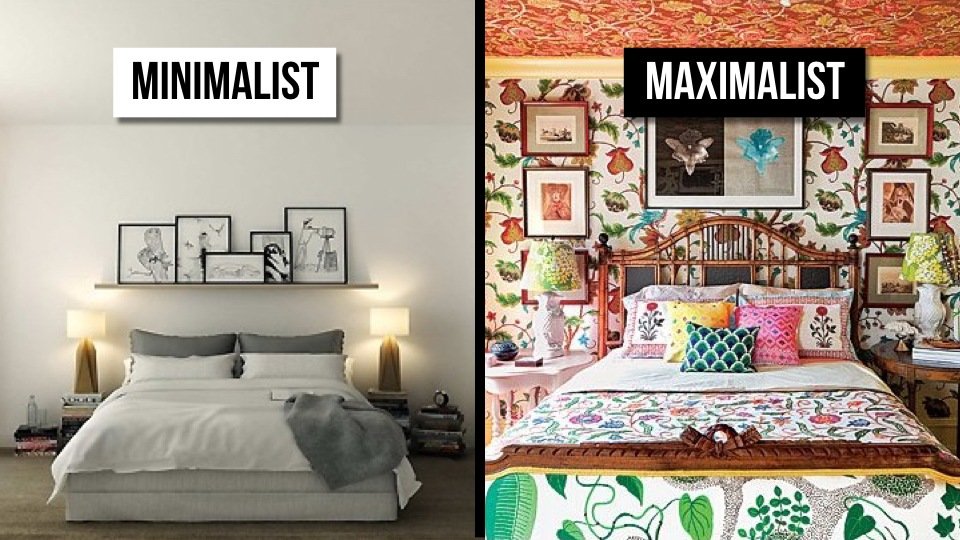
The impact that advertisements and corporations have on our lives can be reduced when we choose to live a minimalist lifestyle. By doing this, people will stop buying more of the same items in order to fulfill their desires. Therefore, minimalist living is an alternative lifestyle to the worldly possession-obsessed society.
Rather than focusing on owning, minimalist living emphasizes pursuing. Consequently, many people are aiming to eliminate unnecessary clutter from their lives by living a minimalist lifestyle rather than collecting material possessions.
Minimalist living has many benefits
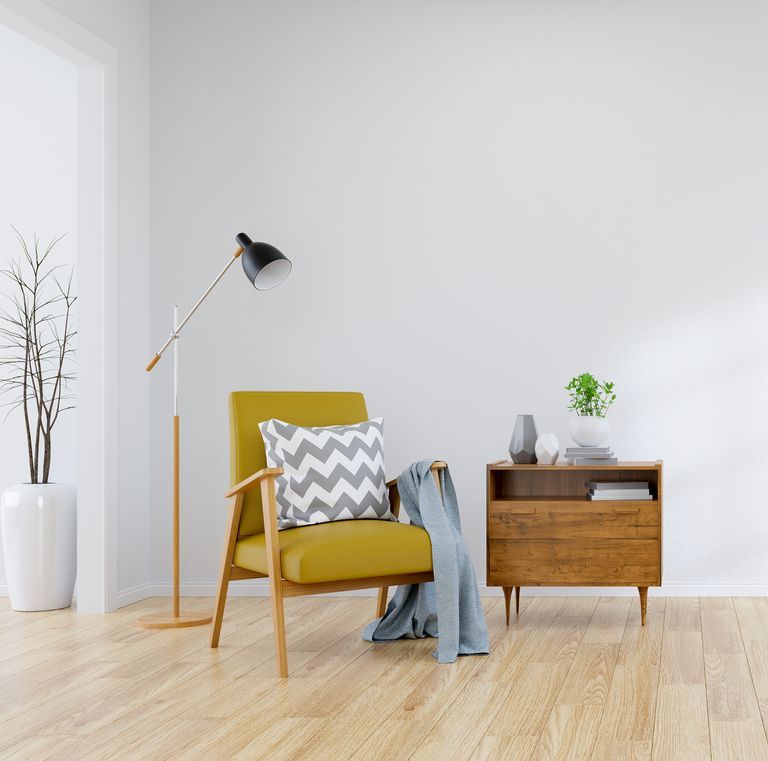
- De-cluttering
People often neglect to focus on more valuable things while focusing on worldly possessions. Minimalist living, however, helps people to declutter, be more organized, and live in harmony with their surroundings. The goal here is not to get rid of everything; instead, it is to remove things that have no real purpose. This is a way of teaching people to say no to unnecessary things.
- Enhances Clarity
Living minimalistically can help one become more clear. Starting to view everything through a minimalism lens will allow you to identify the things that are truly important to you and make you happy. Practicing minimalist living teaches the importance of avoiding materialistic things, which will lead to a person having more definite goals in their lives.
- Frees the mind
Those who live a minimalist lifestyle enjoy freedom of mind as a result of the removal of materialistic goods. A minimalist lifestyle allows the individual to live free of material goods. Practicing it allows you to free yourself from undue stress, negative energy, concerns, etc. In addition, one’s life is affected by this, and one’s relationships with friends and family are strengthened as well.
- Ease of living
A minimalist lifestyle requires the individual to buy only the things he or she actually needs. Having them in their possession allows them to live a comfortable life and relax their mind. An individual who lives minimalistically is less likely to cling to worldly possessions, which can create stress, tension, and anxiety about losing them. The minimalist lifestyle, then, helps one find inner contentment and look beyond a materialistic lifestyle, thus simplifying living.
- Ensures financial security
An individual can free himself from consumerism and materialism by adopting a minimalist lifestyle. Thus, they are less inclined to possess worldly pleasures and are content with the things that they need. Generally, this reduces the amount of money they spend on materialistic items and allows them to save more. Minimalist living is also associated with a happier, more peaceful life by reducing financial pressure and stress.
- Maintenance costs are lower
Cleaning and maintaining fewer goods is more convenient when people possess fewer possessions. Consequently, fewer electronic devices, accessories, clothes, shoes, and décor items need to be maintained. Furthermore, this further ensures that more savings are made and enough time is freed up to be used for other goals in life.
- Confidence is boosted
A minimalist lifestyle also fosters confidence, since one does not look for approval from money, expensive jewelry, or clothes. It’s like they start believing that simplicity is beautiful. Not only does it reduce unnecessary expenses, but it also allows a person to feel good about themselves, not because of the possessions they have, but because of their true selves.
A Minimalist Lifestyle: How to Get Started?
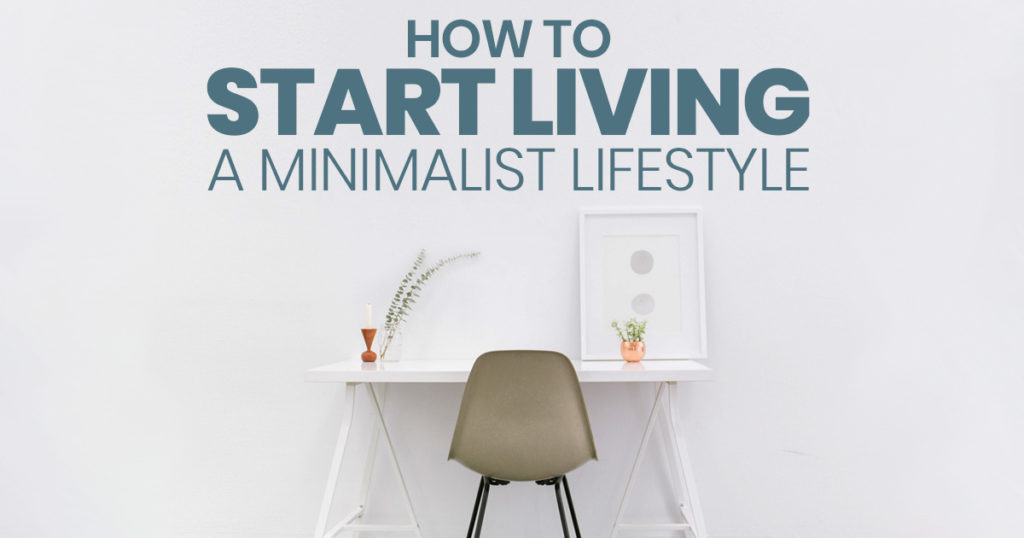
- Getting rid of clutter
It is crucial to de-clutter all the things that you have stopped using and will never use again to achieve a minimalist lifestyle. It takes time to understand which items to discard and which ones to keep as this is a long process. De-cluttering can be achieved in several steps, starting with the removal of all un-used items. It is amazing how few items humans require to function on a daily basis after living without them for a few months.
- Be aware!
One must live in the present in order to live a minimalist life. In other words, a person must work to change anything that makes them stressed. Basically, you must understand your situation, your weaknesses, your strengths, and your identity in order to deal with your challenges efficiently.
- Relationship assessment
Spending time with people who matter in life is another essential aspect of living a minimalist lifestyle. It is possible to have a large group of friends, but all of them may disappear when you need them. Living a fruitful life involves interacting with such people less and focusing on those who really matter. A positive attitude toward life can be fostered through spending time with supportive and caring people, as well as a sense of self-confidence that can be used to fulfill one’s goals.
- Utilize your time effectively
Therefore, you should not waste your time on attending parties or gatherings through force, being distracted, or spending it with people who are unimportant to you. A minimalist lifestyle, therefore, will require us to use our time effectively and make it count towards improving our quality of life. A minimalist lifestyle requires a person to focus on learning new things or preparing themselves to achieve their goals and utilizing their time wisely.
- Set up an account for saving
Financial freedom is one of the benefits of living a minimalist lifestyle. People when living this kind of lifestyle usually live debt-free with reduced expenses as they discard unnecessary materialistic items. A savings account can be extremely useful for a minimalist, as it can function as a safety net in the long run by allowing you to deposit every month’s savings. It will also discourage unnecessary spending since there will not be any cash lying around the house.
Getting started with a minimalist lifestyle: Things to remember
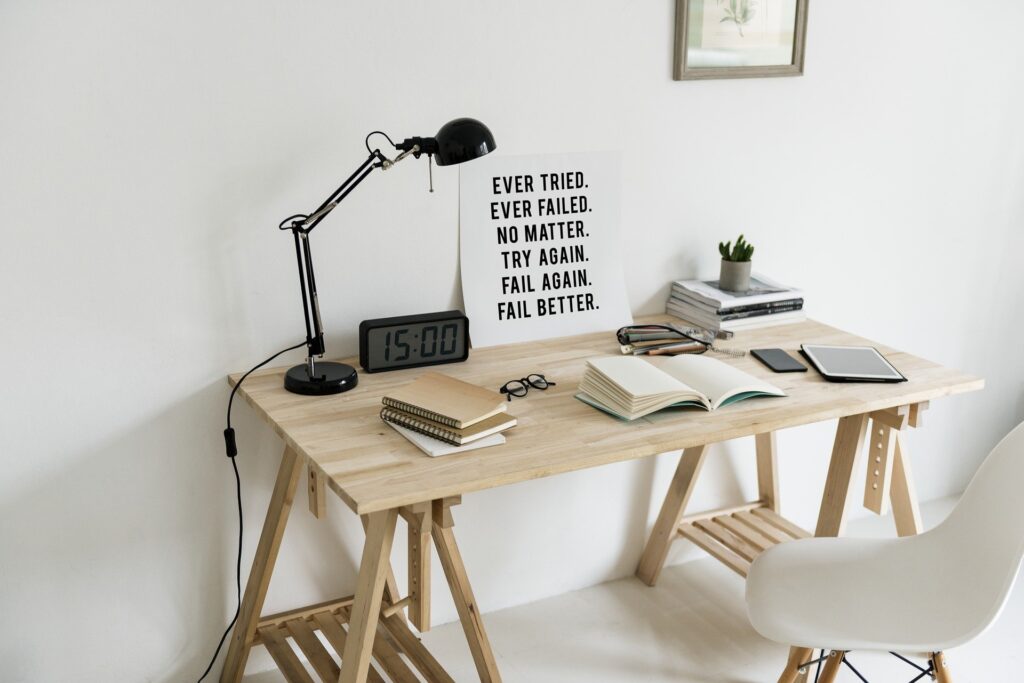
- Check off items as you go
Focusing on the most important things is essential to a minimalist lifestyle. A credit card debt can be cleared, time spent with family, changing a job, or getting rid of unwanted items. De-clutter your life by creating a ‘to-do list’ and following it.
- Maintain a clutter-free environment
Find an area in your house where you can start by looking closely. Start by getting rid of duplicate items. You can do this in any corner of the house, be it the bedroom, the kitchen, or the balcony, and use it as a model for a life with minimal possessions. After that, duplicate it throughout the entire home.
- Travel light.
When traveling alone or with your family, make sure you stay somewhere close by so that you spend as little time traveling as possible. Additionally, you will avoid overburdening your luggage bag by prioritizing what you should take with you. Having a minimal life outside of your house is one of the goals.
It’s time to embrace minimal thinking.
Having the essential things is what defines a minimalist lifestyle. Finally, this doesn’t mean you should throw all your material possessions out; instead, it helps you prioritize other aspects of life and keep your possessions to a minimum. A person should embrace a philosophy that helps them stay content with limited material possessions, not a philosophy centered on aesthetics. The practice makes one freer of one’s mind and frees one from materialistic and consumerism-related baggage. Thus, minimalism entails having fewer possessions, reducing unnecessary expenses, and concentrating on the things that matter most to you.
